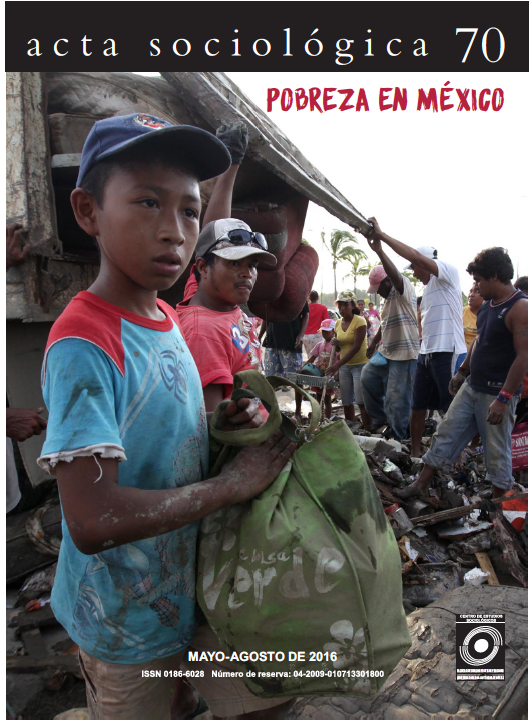Mexican fiscal system inability to reduce poverty: a measurement of pro-poorness
Main Article Content
Abstract
This paper performs an evaluation of the redistributive effect achieved through the tax-benefit system in Mexico, including the tax burden and conditional cash transfers for the poor and households in 2014. We answer the following question: What will the impact of the Mexican tax-benefit system be for the poor as well as its households? i.e, of pro-poor type? We conceive this analysis with an approach where the World Bank agrees, the pro-poor approach. In order to recognize if taxes and benefits can really compensate the poor and induce a reduction on relative and absolute poverty, we proceed with this novel measurement. Pre-fiscal income is built by comparing the tax burden and the distribution of benefits applied in both databases, the Encuesta Nacional de Ingresos y Gastos de los Hogares –enigh– and data from Método Integrado de la Medición de la Pobreza –MMIP–. According to the equivalence scale of CONEVAL as well as that from the mmip with their corresponding poverty lines, we proceed to develop a core set of recommendations for improving the tax system and its effect on the poor.
Article Details
How to Cite
Huesca, L., & Llamas, L. (2016). Mexican fiscal system inability to reduce poverty: a measurement of pro-poorness. Acta Sociológica, (70), 173–196. https://doi.org/10.1016/j.acso.2017.01.008
